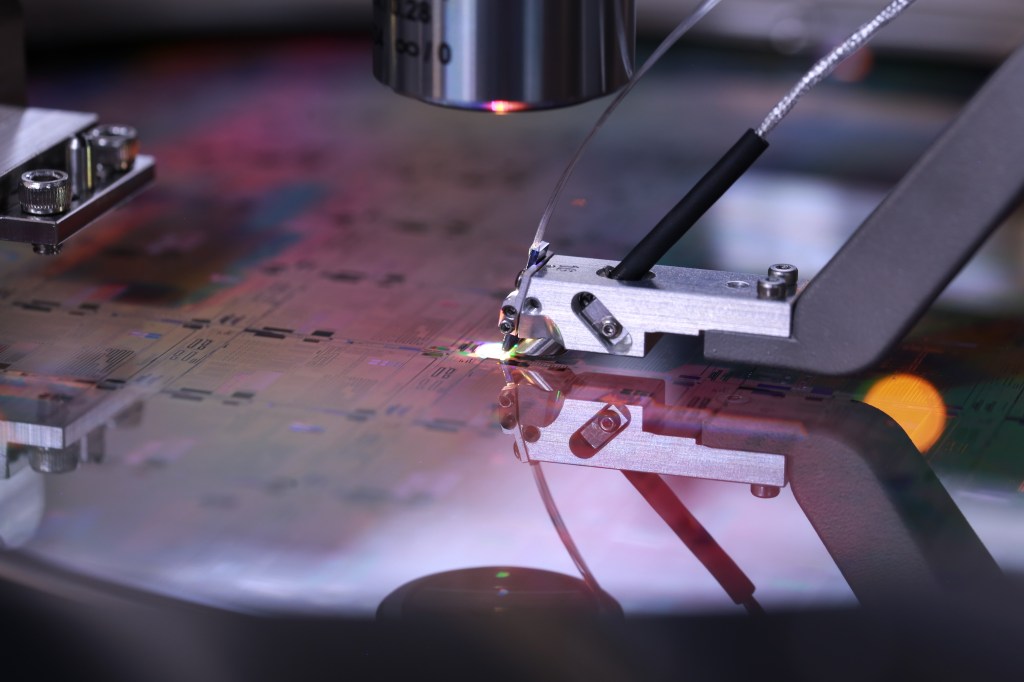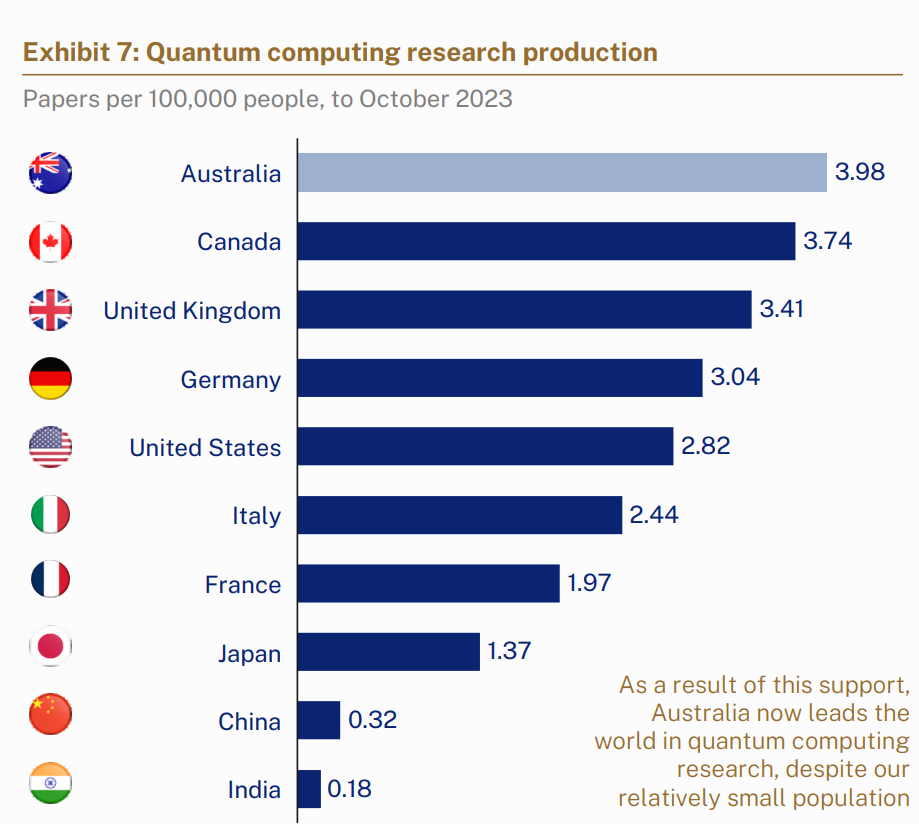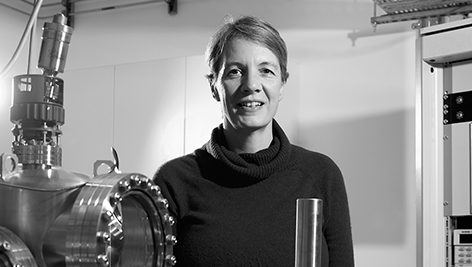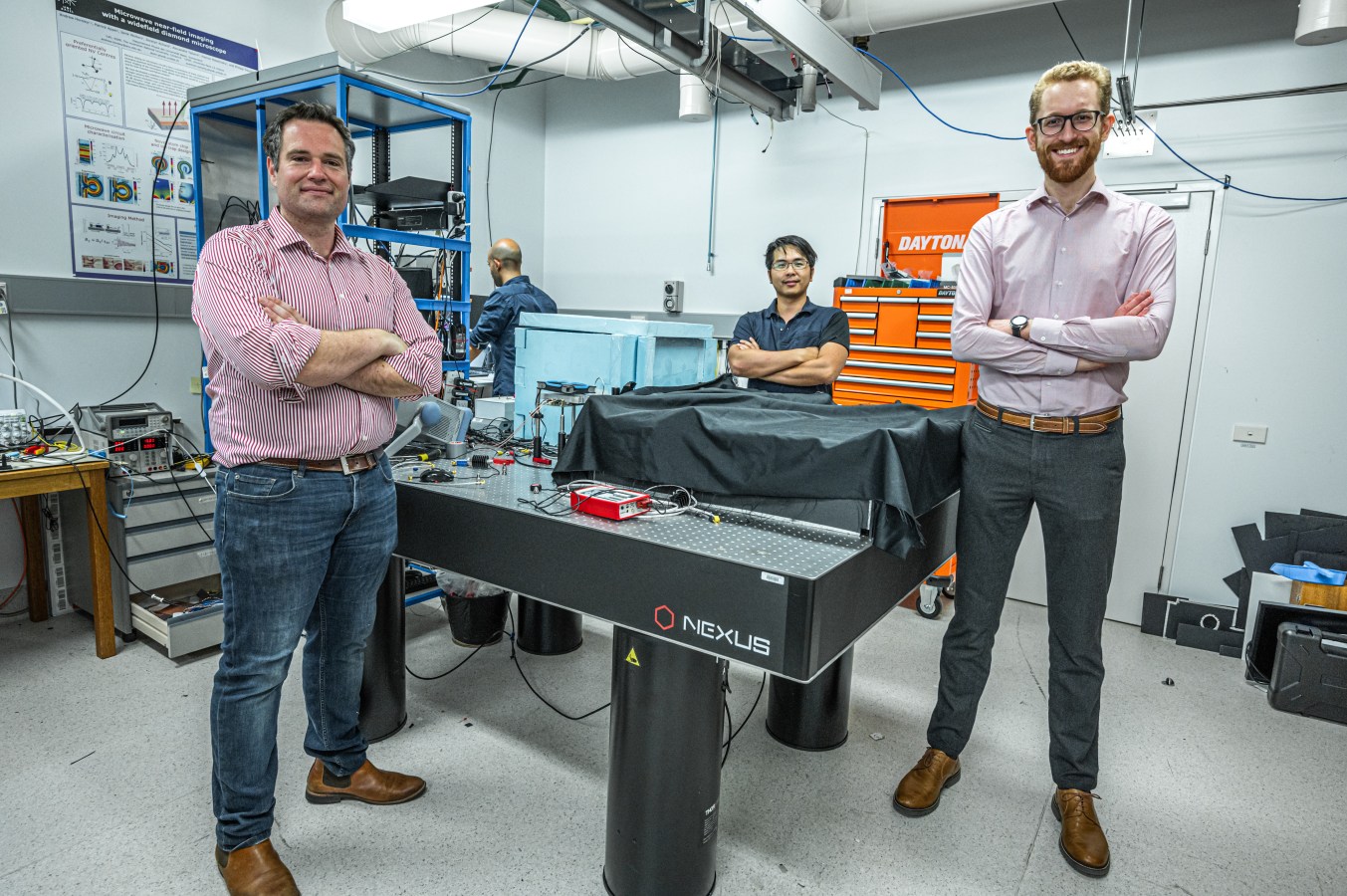The Australian and Queensland governments are investing $940 million to bring the utility-scale quantum computer to fruition. The technology is billed as capable of propelling the global economy forward for decades.

The tagline on PsiQuantum’s website is straight to the point: “building the world’s first useful quantum computer.”
Today, that goal is one step – and a billion dollars – closer.
Palo Alto-headquartered PsiQuantum announced it is building the world’s first utility-scale quantum computer in Brisbane. The Australian and Queensland governments are investing $940 million to bring the quantum computer to fruition. It is said to be ‘fault-tolerant,’ and capable of propelling the global economy forward for decades.
“PsiQuantum is on an aggressive plan to have the site operational by the end of 2027,” a statement from the company reads.
The quantum computer can ‘solve commercially useful problems across industries built upon chemistry, math, and physics,’ according to the PsiQuantum. It has the potential to transform critical industries – including renewable energy, minerals and metals, healthcare and transportation.
Professor Jeremy O’Brien, the CEO of PsiQuantum, says the progress that a utility-scale quantum computer can bring about is akin to the next industrial revolution.

“This platform will help solve today’s impossible problems and will serve as tool to design the solutions we so desperately need to safeguard our future. We’re thrilled to partner with the Australian and Queensland governments as our team at PsiQuantum takes a massive step forward in our mission to help deliver on the promise of quantum computing,” says O’Brien.
O’Brien is Australian-born and has spent the last eight years building PsiQuantum in Silicon Valley. He holds a PhD in quantum technologies from UNSW which has long been at the forefront of such research. Prior to founding PsiQuantum, O’Brien taught physics and electrical engineering at Stanford University.
The money behind the innovation
“PsiQuantum has long flown under the radar in Australia but it has always been – and will continue to be – an Australian story,” says Michael Tolo, a general partner at Blackbird Ventures.
“Founded by Australian academics who built upon research developed in Queensland and moved abroad as expats to test themselves against the best in the world.”
Tolo led Blackbird’s investment in the PsiQuantum series D round in 2021 worth US$450m.
“When we first invested in PsiQuantum, we told our investors that it was hard to imagine a more compelling example of this ideology than Jeremy O’Brien, Terry Rudolph, Pete Shadbolt and Mark Thompson,” says Tolo.
“Over the next hundred years, we hope the legacy of the announcement will be felt in the new drugs, renewable energy technologies, and processes for green ammonia and green hydrogen that we unlock with utility-scale quantum computing.”
The largest investor in PsiQuantum is Playground Global, a Palo Alto-based firm founded and led by Australian-born VC Peter Barrett.
“PsiQuantum is building a million qubit quantum computer in Australia. Playground Global is the largest shareholder in this incredible company and I feel honored to have an inside perspective on the development of a technology that has the potential to transform all our lives,” Barrett writes on LinkedIn.
“This initiative places Australia at the forefront of quantum computing, positioning it as a key player in the development of this transformative technology. With extraordinary scientists & engineers, vast renewable energy and minerals resources, and broad and deep sources of capital, Australia is poised to lead in other critical domains,” says Barrett.
PsiQuantum also received funding from BlackRock and Microsoft’s venture fund in the series D round which closed in 2021. That raise valued the company at USD$3.15 billion. PsiQuantum has received a total of USD$665 million in funding since its inception and currently has 265 employees according to PitchBook.
The case for investment in transformative technology
PsiQuantum published a report, along with the funding announcement today, created by economics research and advisory firm Mandala. The report is titled ‘Australia’s Quantum Moment: The case for strategic public investment in a transformative technology.’
It projects the global quantum computing market will reach $92 billion within 15 years. Australia is uniquely positioned to lead the quantum opportunity, according to the Mandala report. To do so, the country has to avoid the “valley of death” – the gap between researching innovation, and commercializing it.

“Australia has traditionally struggled to translate research leadership into sustained commercial outcomes. Failing to do so for quantum computing would be a missed opportunity considering Australia’s current distinctive strengths in quantum research,” the report reads.
Navigating the “valley of death” is going to take significant investment, Mandala advises.
“Building the first ever useful quantum computer would provide Australia the opportunity to lead the world in translating applied research into a completed commercialised product. To bridge this gap, investment at scale is required which means that it must be targeted and cannot be spread thinly amongst different firms.”
The report concludes that “public investment is crucial to realising the public good on offer. A utility-scale, fault-tolerant quantum computer (FTQC) will generate substantial benefits for Australians over the coming decades.”
Look back on the week that was with hand-picked articles from Australia and around the world. Sign up to the Forbes Australia newsletter here or become a member here.


